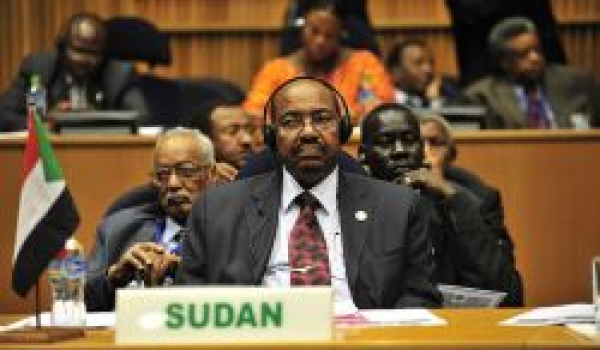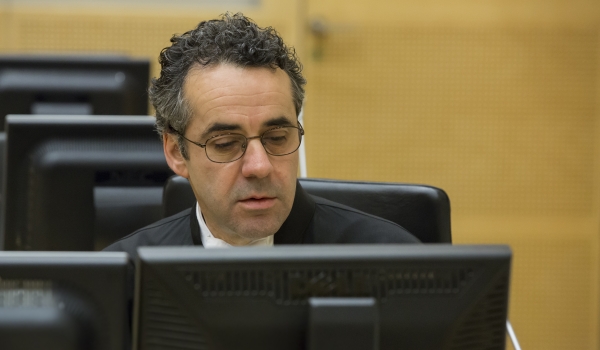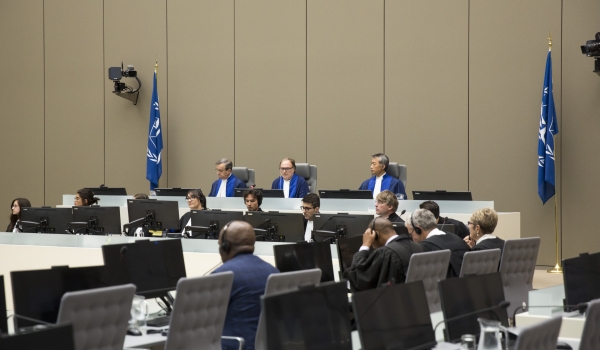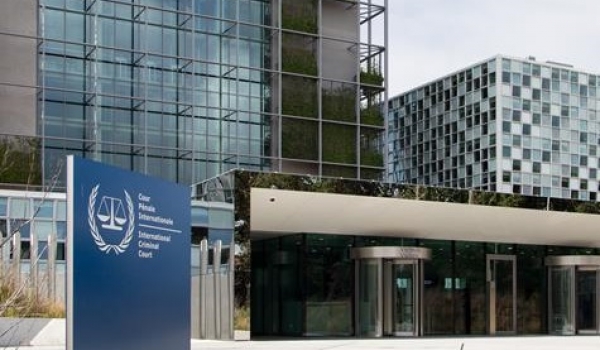Al-Bashir becomes first head of state charged by ICC
On 4 March 2009, ICC Pre-Trial Chamber (PTC) I issued an arrest warrant for al-Bashir—the first ever issued for a sitting head of state by the ICC—for crimes against humanity and war crimes allegedly committed in Darfur during the five preceding years. The UN Security Council had referred the situation in Darfur to the ICC for investigation and prosecution.
Second arrest warrant brings ICC's first genocide charges
On 3 February 2010, the Appeals Chamber unanimously reversed PTC I's decision not to include genocide among the charges in al-Bashir's first arrest warrant. On 12 July 2010, PTC I issued a second arrest warrant for al-Bashir, adding three counts of genocide in relation to crimes against the Fur, Masalit, and Zaghawa ethnic groups – they are the first genocide charges before the ICC.







